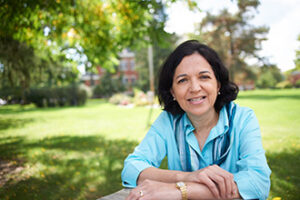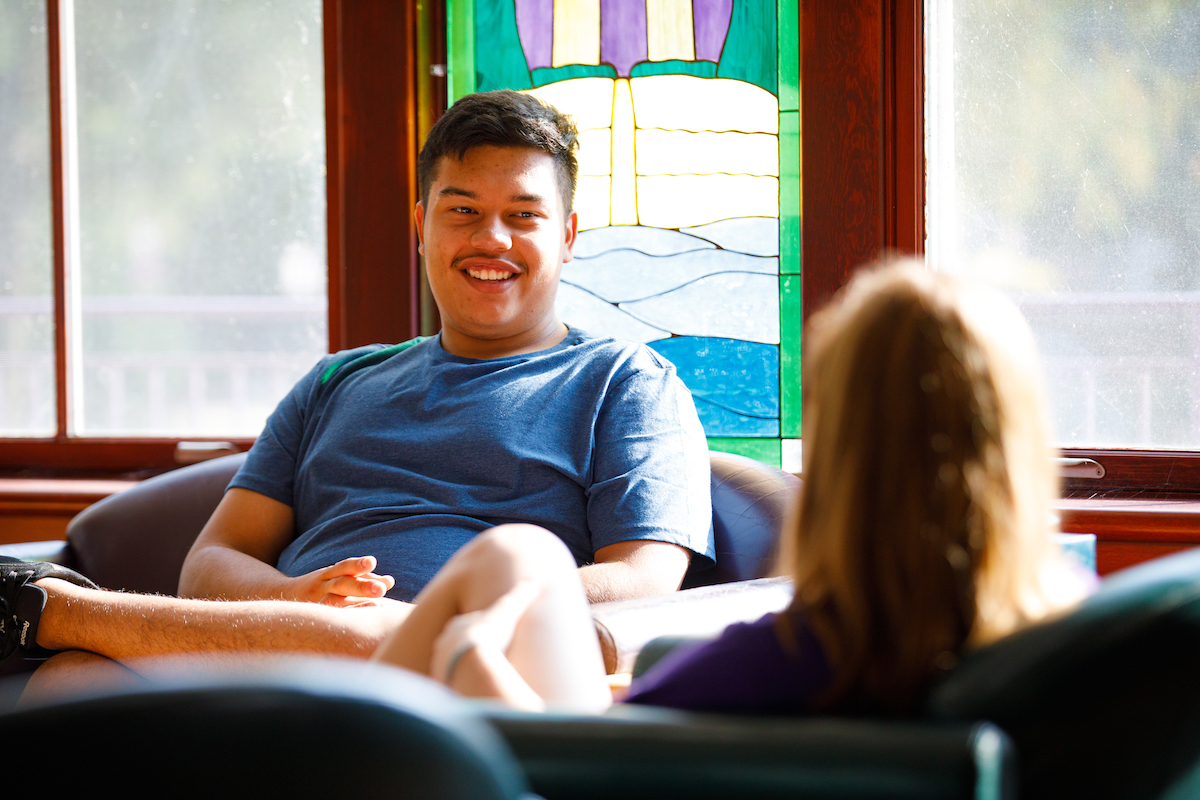The Timeless Importance of the Liberal Arts
Related Programs
Related Posts
Connect With Us
January 2, 2017

Dr. Bindu Madhok, a member of the Albion faculty since 1990, teaches and researches in the areas of ethical theory, applied ethics, and meta-ethics. She received her B.S. from the University of Calcutta and her Ph.D. from Brown University.
By Bindu Madhok, professor of philosophy
The world today is even more global than the one we lived in just a few years ago, and current and future generations of students are even more in need of a liberal arts education. We are now aware more than ever before that local and national economic realities are intimately connected with global ones; we are constantly reminded that public health issues are not merely local or national in scope; we are well aware of the fact that terrorism and war know no national boundaries; we are mindful of the fact that environmentally sustainable development cannot be achieved without local communities and nations working together; and we have always known or should know that human dignity, by its very essence, does not and cannot belong only to some humans and not others.
It takes a discerning mind to recognize both the promises and the perils that come with such an increasingly interconnected, global world in which we form our local and national communities. It takes a mind trained to appreciate both the depth of individual academic disciplines and the breadth of interdisciplinary approaches to come up with multifaceted solutions to multifaceted problems that our intertwined local and global realities demand of us. By its very nature, a liberal arts education requires you to approach an issue not just as a humanist, not just as a scientist, not just as a social scientist, and not just as an artist, but as all of the above. It forces you to make connections where you might have thought none existed. A liberal arts education fosters in you a spirit of intellectual openness without sacrificing intellectual rigor. It demands of you a critical yet constructive examination of your ethical values and personal convictions. And it cultivates in you an informed, well-reasoned, balanced, and just outlook which makes you more effective and responsive in dealing with local and global realities.
It is because our students are receptive and responsive to this rich matrix of facts and values inherent in a liberal arts education that I believe they are very well poised to lead in the future. I am confident that an Albion liberal arts education will empower them to lead not only intelligently but also wisely, not only passionately but also compassionately, and not only locally but also globally.
This article is an online extra to “Faculty FutureCast: Eyeing 2020 and Beyond” on pages 24-25 of the Fall-Winter 2016-2017 edition of Io Triumphe! magazine.
